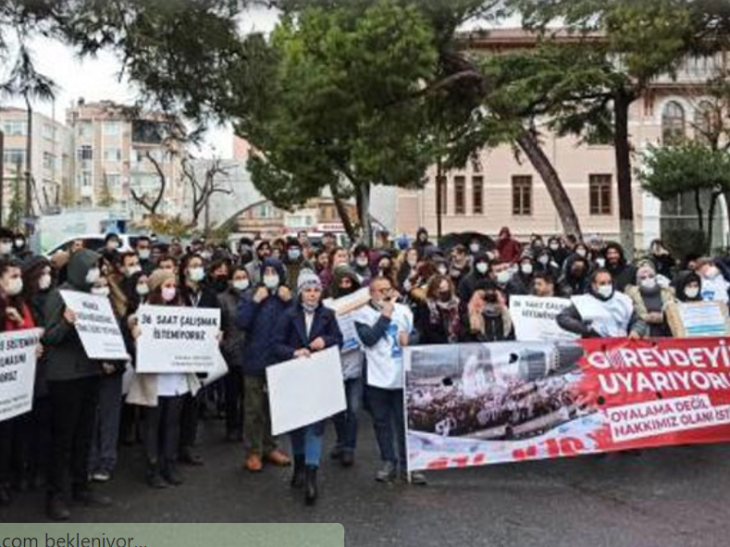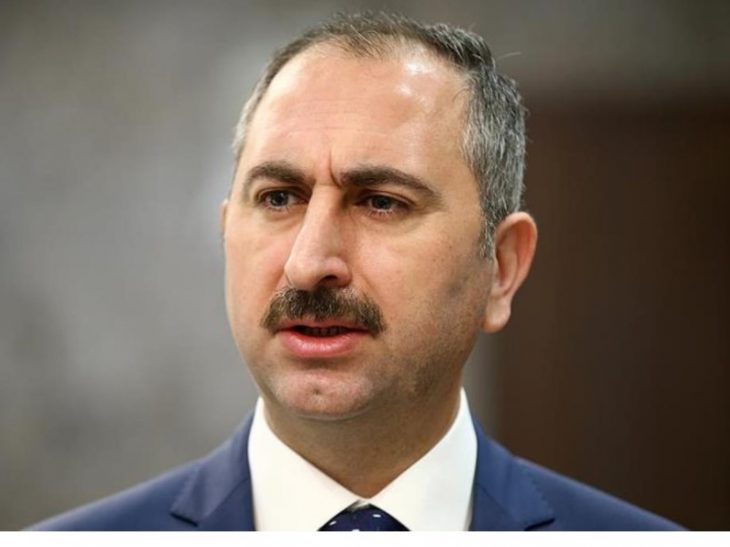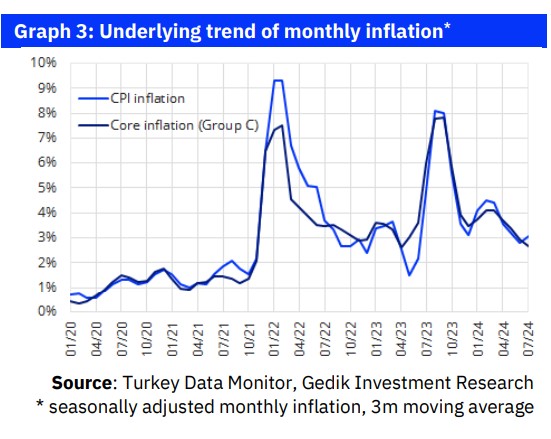ANALYSIS: Wage shock boosts inflation
 inflation
inflation
Wage shock transmitted quickly and harshly to final prices
In January, consumer inflation was 6.7% monthly (2.9% in December), above the market’s average expectation (6.5%) and IS Investment’s forecast (6.3%), parallel to the ITO Istanbul inflation (6.7%). Annual inflation increased by 0.1 percentage points to 64.9%.
We calculate the monthly inflation effect of the elimination of the natural gas consumer subsidy as +0.3 percentage points. When we exclude this contribution arising from the calculation method, headline inflation drops to 6.4%. We expected a higher impact due to the rapid cooling of the weather in January.
There is a deterioration in the inflation trend due to wage increases, and the transmission of the 49% minimum wage increase to prices is happening faster and harder than we expected. Automatic price adjustments during at the turn of the year and the rise in fuel prices in parallel with the increase in exchange rates and international oil prices also feed inflation.
Core indices up alarmingly
We can see the deterioration in the general inflation trend caused by the wage shock in core inflation indicators more clearly. Among the core indicators that we seasonally adjust, the C index increases to 7.2% monthly (December 2.5%, November 2.3%), and the B index increases to 6.5% (December 2.5%, November 2.8%). Index B excludes energy, tobacco and unprocessed food prices, and index C excludes energy, tobacco and all food prices. When we apply the same seasonal adjustment to headline inflation, we see that it increased to 6.2% (December 3.0%, November 3.4%).
The deterioration in inflation concerns both goods and services, but we see much higher figures in services
According to the seasonally adjusted series, monthly inflation reached 4.0% in goods excluding food and energy (December: 1.9%, November: 2.3%) and 4.9% in durable goods (December: 2.1%, November: 1%) and in services it increases to 10.8% (December 2.9%, November 3.1%). Rental inflation breaks a record in the 2003-based inflation series with 10.8% monthly (December 4.8%, November 5.9%).
This negative picture in inflation data shows that it will take time to correct pricing behavior. In the presence of wage shocks and expansionary fiscal policy, tight monetary policy is insufficient in the short term. In case the deterioration in inflation becomes permanent, the CBRT may need to increase interest rates even more after the local elections.
We think that inflation will remain in the 3.5%-4.0% range in February-March-April. We expect monthly inflation to hover around 2.5% as of May, with the effects of the wage shock fading away and additional tightening following the local elections.
We are upping our year-end inflation forecast from 42% to 43% due to higher than expected January inflation and our expectation of an electricity price increase after the local elections. This forecast assumes that the minimum wage is not increased in the second half of the year, excess liquidity in the interbank market is absorbed by sterilization, and interest rate cuts do not start before the last quarter of 2024.
By Dağlar Özkan, Economist, İş Invest
Follow our English language YouTube videos @ REAL TURKEY: https://www.youtube.com/channel/UCKpFJB4GFiNkhmpVZQ_d9Rg
And content at Twitter: @AtillaEng
Facebook: Real Turkey Channel: https://www.facebook.com/realturkeychannel/






